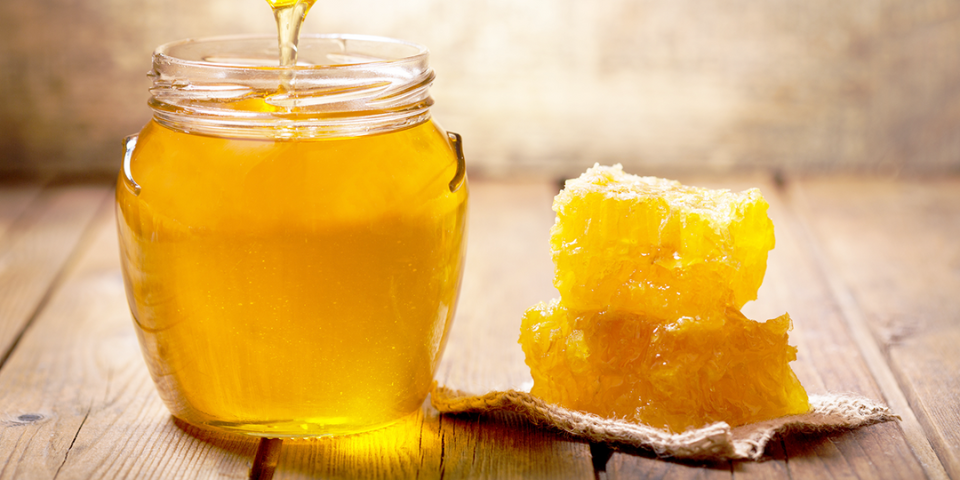Honey, a thick and sweet substance produced by honeybees, has been valued for its various benefits for centuries. In Ayurveda, honey has been used for medicinal purposes and is not just a natural sweetener.
Honey is created by bees collecting nectar from flowers and processing it in their hive. The flavor of honey depends on the type of flowers the bees visit, such as wildflower, avocado, or orange blossom.
Here is an in-depth look at honey, its nutritional value, and the benefits it can offer.
Honey vs. Sugar
Although honey is a natural sweetener, it is not a low-calorie alternative to sugar. In terms of calories and sugar content, honey is similar to plain sugar. While honey contains more beneficial nutrients than sugar, those looking for a low-calorie alternative can consider non-nutritive sweeteners like stevia or monk fruit extract.
Benefits of Honey
While honey primarily consists of sugar and water, it also contains around 200 different substances, including antioxidants, enzymes, and minerals. These components contribute to the various benefits of honey.
1. Antioxidant Properties
Honey contains antioxidant compounds like flavonoids and phenolic acids, which can help protect cells from free radicals. While it is recommended to obtain most antioxidants from fruits and vegetables, adding honey to your diet can contribute to your antioxidant intake.
2. Immune System Support
Studies have suggested that honey may support the activity of immune cells, although further research is needed to confirm this benefit. While honey shows promise in boosting immunity, additional evidence is required.
3. Digestive Support
Traditionally used in Ayurvedic medicine for digestive support, honey may help maintain a healthy digestive tract. However, more research is needed to substantiate these claims, and individuals with digestive conditions should consult a healthcare professional.
4. Sore Throat Relief
Honey is known for its soothing properties and may help alleviate a sore throat. Mixing honey with hot tea and lemon can provide comfort and relief by coating the throat and reducing irritation.
Possible Risks of Honey
While regular honey is generally safe for individuals over one year old, precautions should be taken. Honey can contain botulinum spores that may pose a risk to infants with developing immune systems. Individuals allergic to bee pollen should also exercise caution when consuming honey.
Raw honey, which is unfiltered and unheated, may retain more beneficial substances but can still contain botulinum spores. Those with specific allergies should be cautious due to the presence of yeast, wax, and pollen in raw honey.

